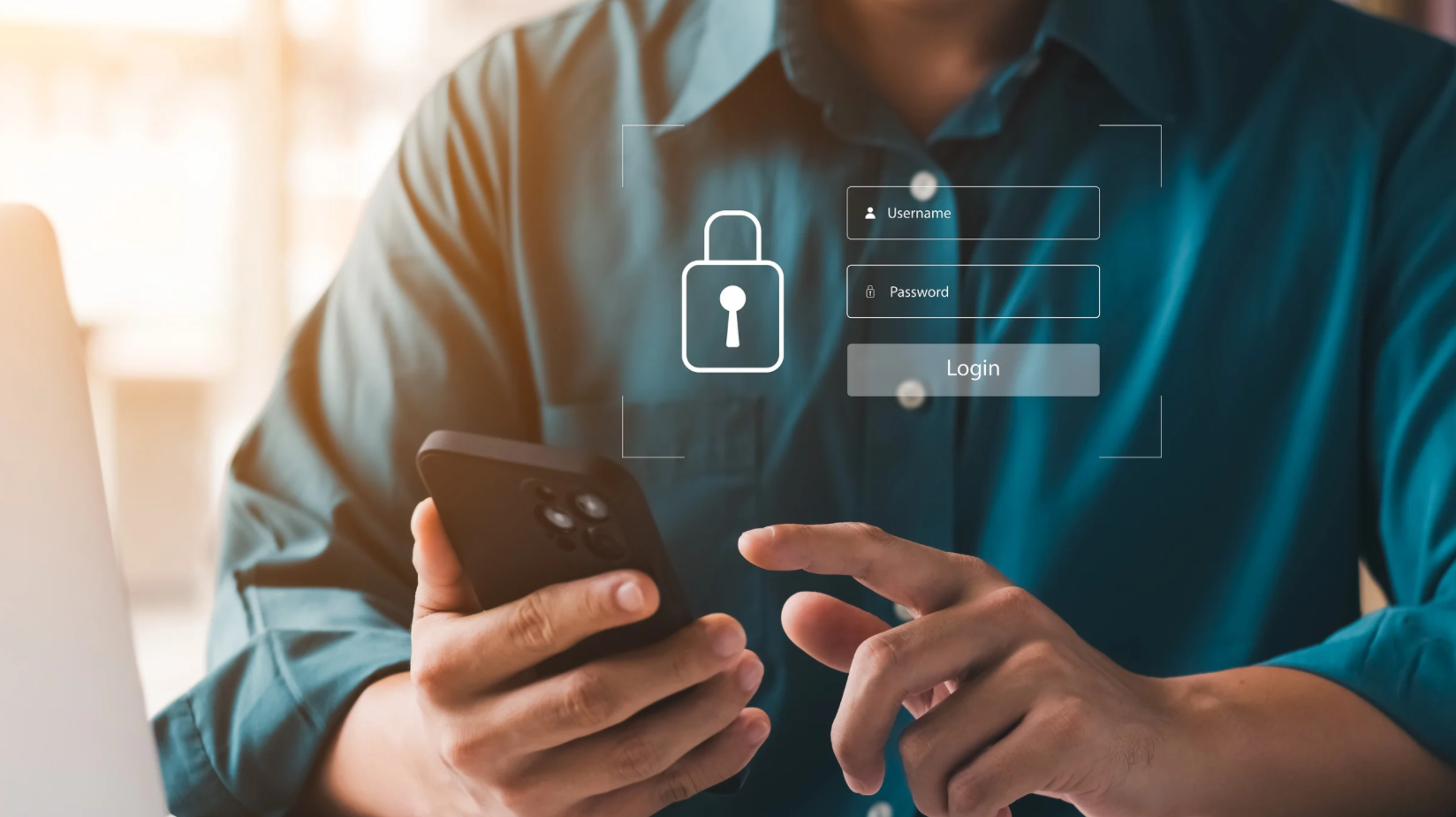In today’s digital age, cybersecurity is more important than ever. With cyber threats constantly evolving, it’s crucial to take steps to protect yourself online. This guide will help you understand the basics of cybersecurity and provide practical tips to keep your information safe.
Why Cybersecurity Is Important
Cybersecurity is the practice of protecting your devices, networks, and data from unauthorized access, attacks, or damage. The importance of cybersecurity cannot be overstated, as cyber threats can lead to:
- Identity Theft: Hackers can steal your personal information, including social security numbers, credit card details, and passwords, to commit fraud.
- Financial Loss: Cybercriminals can access your bank accounts, steal your money, or demand ransom through ransomware attacks.
- Privacy Invasion: Unauthorized access to your data can lead to privacy breaches, exposing your private conversations, photos, and more.
- Data Loss: Important files and documents can be lost or corrupted, causing significant disruption in your personal and professional life.
How to Protect Yourself in Cybersecurity
Here are some essential tips to enhance your cybersecurity and protect yourself online:
1. Use Strong, Unique Passwords
- Why It Matters: Weak passwords are easy targets for hackers using brute-force attacks. If you use the same password across multiple accounts, one breach could compromise all your accounts.
- How to Do It: Create strong passwords that are at least 12 characters long, using a mix of letters, numbers, and symbols. Avoid using easily guessable information like birthdays or common words. Consider using a password manager to generate and store unique passwords for each account.
2. Enable Two-Factor Authentication (2FA)
- Why It Matters: 2FA adds an extra layer of security by requiring a second form of verification in addition to your password.
- How to Do It: Enable 2FA on your online accounts wherever possible. This usually involves receiving a code on your phone or using an authentication app.
3. Keep Your Software Updated
- Why It Matters: Software updates often include security patches that fix vulnerabilities. Outdated software can be an easy target for cybercriminals.
- How to Do It: Regularly update your operating system, web browsers, antivirus software, and any other applications you use. Most devices allow you to enable automatic updates.
4. Be Wary of Phishing Scams
- Why It Matters: Phishing scams trick you into providing personal information by pretending to be a legitimate source, like your bank or a well-known company.
- How to Do It: Be skeptical of unsolicited emails, messages, or phone calls asking for personal information. Avoid clicking on links or downloading attachments from unknown sources. Verify the sender’s identity by contacting the company directly through official channels.
5. Use Secure Wi-Fi Connections
- Why It Matters: Public Wi-Fi networks are often unsecured, making it easier for hackers to intercept your data.
- How to Do It: Avoid accessing sensitive information, such as online banking, while on public Wi-Fi. If you must use public Wi-Fi, consider using a Virtual Private Network (VPN) to encrypt your internet connection.
6. Regularly Back Up Your Data
- Why It Matters: In the event of a cyberattack, having a backup ensures you can recover your important files.
- How to Do It: Regularly back up your data to an external hard drive or cloud storage service. Ensure that backups are stored securely and are not connected to your main device when not in use.
7. Limit Personal Information Sharing
- Why It Matters: The more personal information you share online, the easier it is for cybercriminals to target you.
- How to Do It: Be cautious about sharing personal details on social media and other online platforms. Adjust privacy settings to limit who can see your information.
8. Educate Yourself and Stay Informed
- Why It Matters: Cyber threats are constantly evolving, and staying informed about the latest trends helps you stay one step ahead.
- How to Do It: Follow reputable cybersecurity blogs, news sites, and organizations to keep up with the latest threats and protection strategies.
Conclusion
In our increasingly digital world, cybersecurity is not just a concern for businesses—it’s vital for everyone. By taking proactive steps to protect yourself, you can reduce the risk of falling victim to cyber threats. Remember, staying safe online is an ongoing process, so keep your knowledge up-to-date and be vigilant about your cybersecurity practices.





